Menopause and Allyship
Phil Hayes-St Clair is a co-founder at Drop Bio Health, an at-home technology company, helping people be the best version of themselves. He spoke to Menopause Friendly Australia’s Grace Molloy about advocating for women’s health as part of his professional role as well as on a personal level.
Grace Molloy: When did you first become aware of menopause?
Phil Hayes-St Clair: I started thinking about menopause some time ago, as we do a lot of work around women’s health and fertility. We’d been looking at how we could support women in later years after they’d had children and had started designing studies to understand the post-partum physiological response and recovery. One anecdotal insight from this design phase was that some women who were having children later in life were having perimenopausal symptoms very soon after they’d finished having their children.
And this raises some interesting questions. Being able to understand when perimenopause begins is fundamental to knowing how you can investigate things like postpartum care, and this has a material role in how you think about physiology in those years. That was the first time I really started to understand how variable menopause symptoms could be, how they affect women differently and what this meant for them in their working lives as professional women and leaders.
On a personal level, my wife is an extraordinary leader and shining light for women leaders. We had children a little later in life and she started to experience symptoms in her early to mid-forties and I wanted to learn about how I could learn to support her, listen to her and lighten the load if I could.
The rise in advocacy for knowledge and understanding of the role of perimenopause and menopause in the workplace over the last two years has been heartening.
We see too many women leave their work and careers because of their symptoms and the world would be a better place if we could help them stay longer.
Grace Molloy: What would you suggest men can do if they’d like to find out more information?
Phil Hayes-St Clair: The antidote to fear is knowledge and fortunately there are now a number of courses and educators which help us to understand the important basics of menopause including its actual definition, the possible symptoms and what to look forward to post menopause. We could always benefit from more research on menopause and women’s health more broadly and I’m so pleased to see this gathering pace around the world. For now though, we know enough to be aware and to be compassionate.
I’m in several dad and men’s groups on WhatsApp, and we often talk about the best ways to start a conversation or find ways to help our partners to the extent that we can, being aware that we won’t have this as a lived experience.
Grace Molloy: In your experience, are there any better tangible ways we can say ‘You are in perimenopause, or you are in menopause’?
Phil Hayes-St Clair: Today, there isn’t one test to determine if a woman is perimenopausal. However, a useful resource to understand perimenopause and menopause is the Stages of Reproductive Aging Workshop criteria, also known as STRAW. As an aside, we often hear suggestions that a hormone test can inform whether a woman is in perimenopause, but this testing is of little use given how wildly hormones can fluctuate at this stage of life. In most cases it comes down to identifying and tracking a collection of signs and symptoms and acknowledging that we don’t know how to determine exactly when perimenopause starts or when it ends. Some women remain on birth control which regulates or eliminates their period making it hard to identify one symptom of perimenopause – irregular periods, while others have surgery and other medical interventions, which may shorten perimenopause. Looking for and tracking period regularity and vasomotor symptoms (hot flushes and night sweats) as well as fatigue and joint pain are helpful in determining where a woman is on her journey.
Grace Molloy: What would you recommend looking at for our long-term health?
Phil Hayes-St Clair: We want to set ourselves up for being strong and happy in our later years, as we are living longer. The aspects around cardiovascular and bone health are hugely important, and weight-bearing activity is an essential part of that journey.
Statistically, weight-bearing activity tends to be less appealing to women, but it has significant structural benefits, so it really is worth considering.
Grace Molloy: Some people do find it hard to get motivated during menopause though. Any tips?
Phil Hayes-St Clair: Motivation and energy can be difficult to muster at this stage of life. With our partners, we can create time and space for each other to do the exercises we need to do. Group-based exercise is also great, things like park runs, or anything where you’re meeting up with people will encourage you to go. It can be hard, but I’d encourage you to try to find any way you can to make that leap. There is so much to look forward to beyond menopause. It can be a cloudy time in the transition but there really is a rich next chapter in life and we want everyone to be in great condition to enjoy it.
Grace Molloy: What would you like to see next in terms of menopause research?
Phil Hayes-St Clair: There are still some fundamental questions yet to be answered, and the only way to do this is through participation. Some people are put off taking part in research as they think their data will be publicized or used inappropriately, but there are standard and very detailed ethical frameworks that researchers must abide by to ensure data is safe, deidentified and used to answer the intended research question. Importantly, research data can be used to inform public health policy, and without this it’s difficult to make the right decisions. So if there is research you feel comfortable signing up for then please do, you will be helping women today and well into the future.
To improve the lived experience of those going through menopause, and to help everyone be a supportive colleague, partner, friend or family member, education is key. Workplaces can take an education-first approach, talking to their people about what they’re experiencing and what they would like to see in your organisation. Look at what you can do to actively support your workforce, and make it official with a policy, document or toolkit that everyone knows about and can access.
Menopause Friendly Australia works with organisations committed to becoming menopause friendly, guiding them through approaches in key areas of the workplace. Once an organisation meets the rigorous criteria for approval, they will be accredited as Menopause Friendly. Get in touch today to find out how we could help your organisation.


